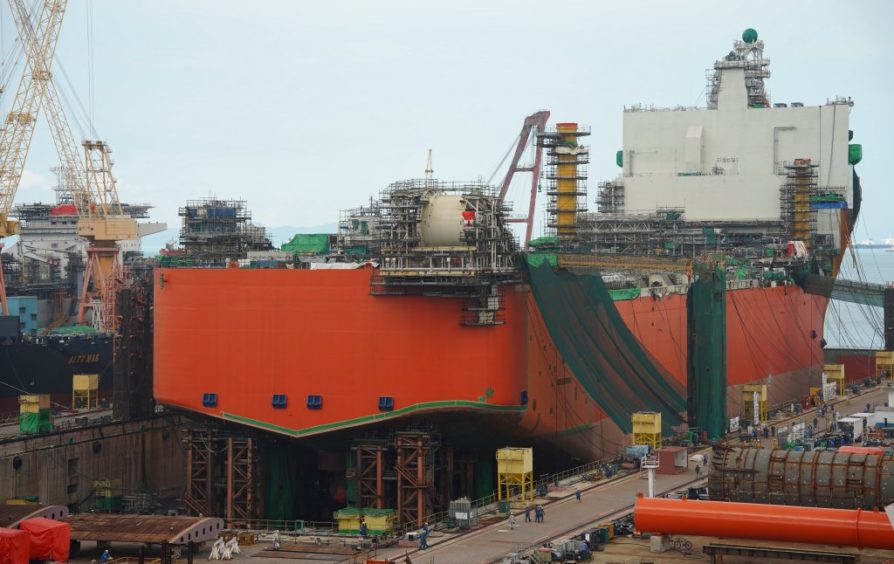
Equinor said today there was no single “event” that could have directly caused the welding issues found on the hull of its Johan Castberg production vessel.
But the Norwegian giant admitted that teams working on the ship lacked experience and expertise.
Equinor identified major challenges with the quality of welds last year, prompting an investigation by the Scandinavian country’s Petroleum Safety Authority.
The operator’s own in-house investigators conducted their own studies on the vessel, currently under construction at the Sembcorp Marine yard in Singapore.
It said extensive work to cross-check and repair the welds was almost complete.
The cost of this work will be covered by the yard, said Equinor, which identified a number of shortcomings.
It said Sembcorp failed to provide enough competent welders and inspectors.
For its part, Equinor didn’t stick to its own processes for risk management well enough.
Furthermore, the operator admitted its follow-up team did not have enough experienced staff members on-hand.
The hull for the Johan Castberg production vessel is scheduled to be transported to Stord on board the Boka Vanguard heavy-lift vessel late 2021.
Geir Tungesvik, Equinor’s senior vice president for project development, said: “We should have discovered the extent of welding defects earlier, however the hull is still in dock, allowing us to repair the defects before it is launched.”
He added: “Safety is Equinor’s top priority. We are currently carrying out extensive cross-checking and repair of welds to ensure that the Johan Castberg production vessel meets the safety and integrity requirements.
“When Johan Castberg comes on stream, there should be no doubt that the vessel is safe.”
In October 2020, Equinor reported that the £240 million project would be delayed by one year, with first oil slated for the fourth quarter of 2023.
The Johan Castberg field is located in the Barents Sea.
Equinor owns 50% of the project, Var Energi has 30% and Petoro 20%.
